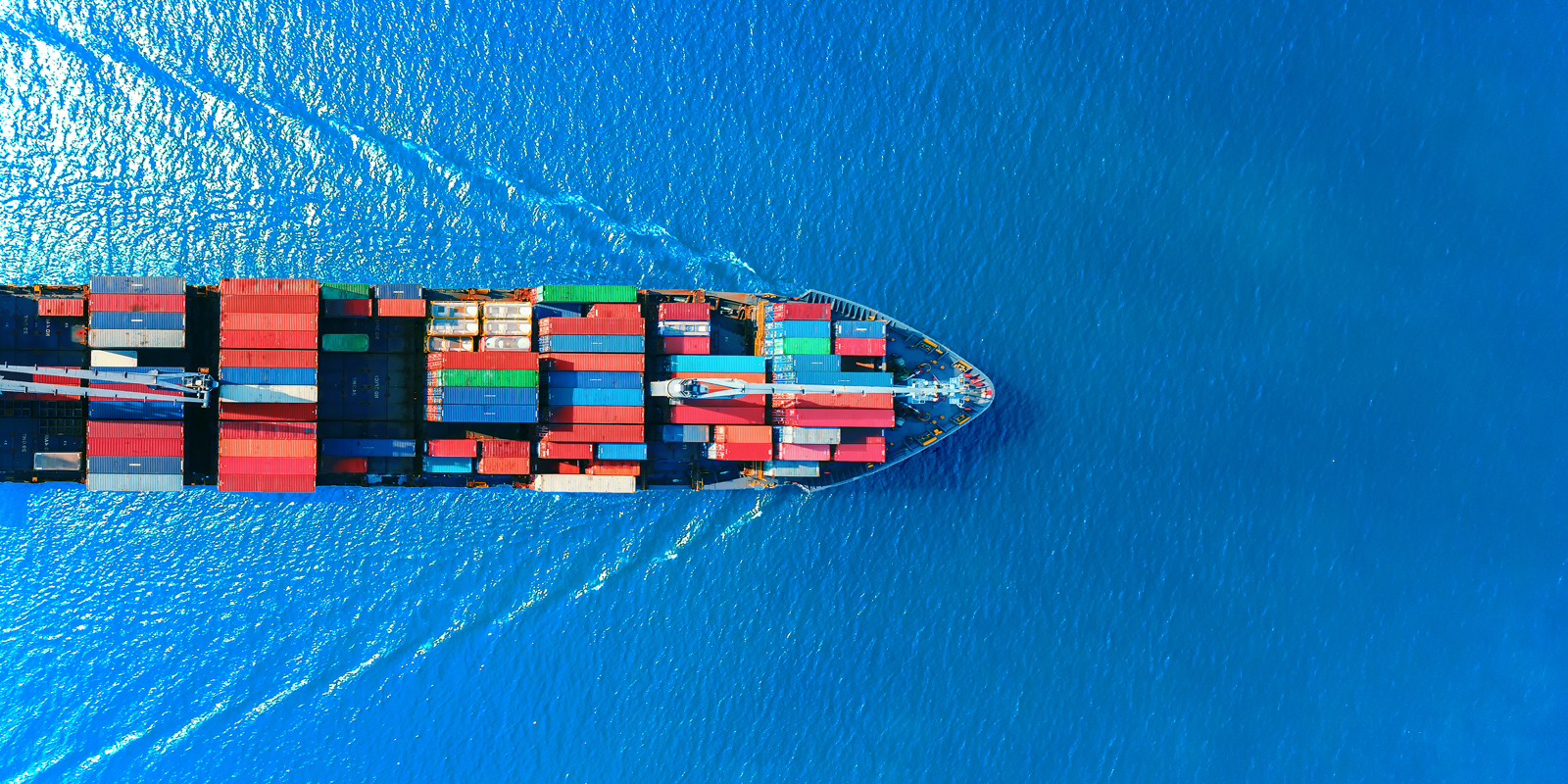The coronavirus (COVID-19) pandemic has brought untold hardship and severe economic disruptions across the globe. In many countries, efforts to contain the spread of virus has included quarantines, lockdowns, border closures and total shut down of economic activities. Micro and small businesses, especially those in the informal economy, are more vulnerable to external shocks than others. In addition to the enterprises themselves going out of business, many jobs may be lost, creating mass unemployment and a crisis of escalating household poverty.
In response to the global pandemic, many countries put in place policies and stimulus packages to try and protect the economy and forestall a collapse of businesses. Several low and middle-income countries also sought to do the same. But there were significant variation in the types of policies and support. While many of these initiatives are timely, small businesses in the informal economy face challenges in benefitting from the current proposals, as by their nature many of them are unregistered and possibly do not own business bank accounts or lack access to government grants, commercial loans or even basic utilities.
In this study, commissioned by the Commonwealth Secretariat, we attempt to come to grips with the potential impact of the COVID 19 pandemic on micro and small businesses in the informal economy in 39 countries across Africa, Caribbean and Pacific, reviewing the immediate economic policy responses and measures announced in the aftermath of the pandemic and assess if these policy responses are sufficient to safeguard actors in the informal sector. Examining the announced policies along with accounting for the specific country context to understand access, the short-term and more medium to long-term implications, we present specific recommendations on where the likely gaps will be and the pathways towards protecting this critical segment of the economy to forestall a deepened economic crises.

